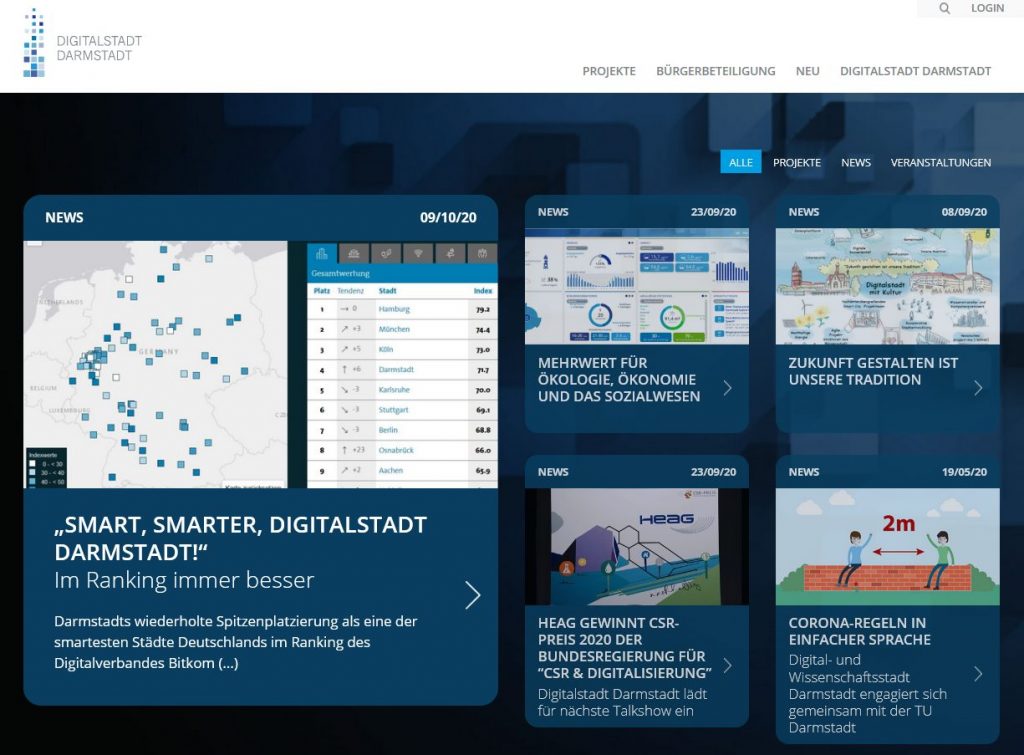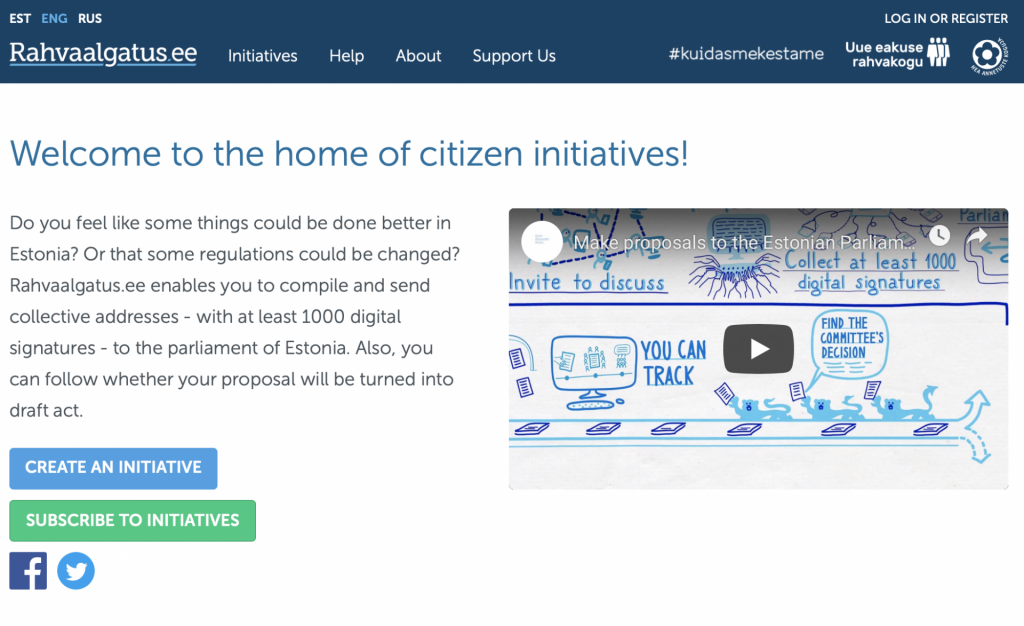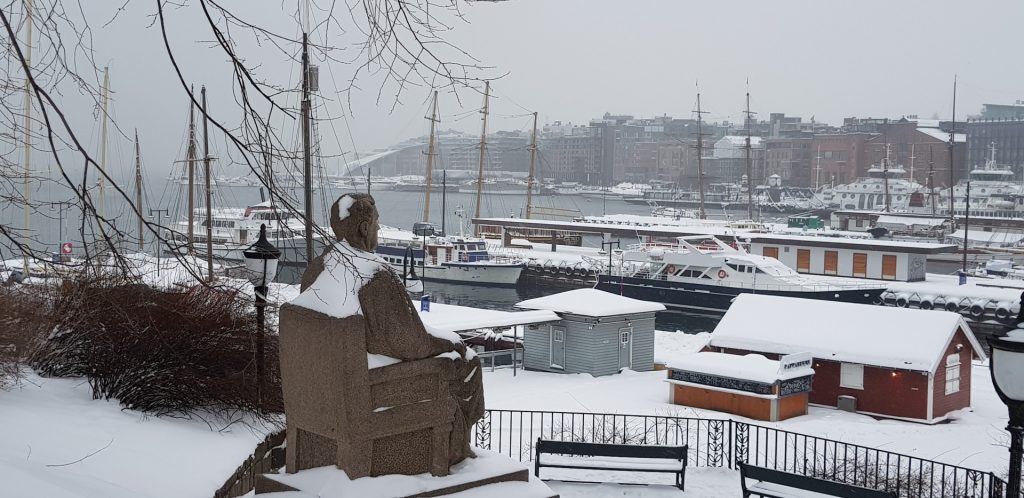Temporary working experience in Courtrai, Belgium
© Colourbox Aim and Scope The temporary working experience (TWE) in Flanders is an example of a policy instrument introduced to activate long-term unemployed people. Activation instruments in Flanders are mainly coordinated by the Flemish public employment service (PES), which also is responsible for the TWE service design. The Flemish PES collaborated with the Flemish…
Read MoreHelmond and OZO verbindzorg, Netherlands
© Colourbox Aim and Scope The Helmond and OZO verbindzorg pilot project focuses on empowering citizens’ self-reliant abilities and participation, with the aim of helping long-term unemployed citizens to find a new job based on their skills and on a permanent contract and for a chosen duration (Gemeente Helmond, 2017). The formal goals of the…
Read More‘Cohesive citizen plans’ in the municipality of Furesø, Denmark
© Colourbox Aim and Scope The ‘Cohesive citizen plans’ (sammenhængende borgerforløb, henceforth the CCP) initiative was launched in 2016 in the municipality of Furesø located close to Copenhagen. The CCP aims to strengthen collaboration, firstly, within the various administrations involved in services that target citizens with complex problems (long-term unemployment, physical and mental health, substance…
Read MoreDigitalstadt Darmstadt. A collaborative network and its structural backbone
© Digitalstadt Darmstadt website: https://digitalstadt-darmstadt.de The programme Digitalstadt Darmstadt evolved as a result of winning a 2017 Bitkom competition to create a German “digital model city with international appeal” (Bitkom e.V., 2020). Motivated by this success, the city of Darmstadt has further been supported by several private and public sponsors such as Deutsche Telekom and…
Read MoreDigital democracy experimentation: the Case of the Stem van West tool in Amsterdam
The ‘Stem van West’ project (translated ‘the Voice of West’, hereafter referred to as SvW) is a digital tool that facilitates the policy-making process of the neighborhood council of Amsterdam-West. Citizens of the neighborhood can vote on plans, voice their concerns, and upload ideas and proposals themselves. If an idea on the platform’s interface surpasses…
Read MoreWe asked, you said, we did: an e-participation practice in the UK
We asked, you said, we did is a feature of the platform called Citizen Space. It provides a mechanism for how citizens/stakeholders responses (You said) to an e-consultation (We asked) have been considered in the policy-making process (We did). It is provided by the private company Delib to more than 110 diverse organisations around the world…
Read MoreParticipatory Parliamentarism: the Case of the Estonian Citizens’ Initiative Portal
The Estonian Citizens’ Initiative portal (ECIP) is an e-participatory instrument allowing individuals to submit collective addresses to the parliament via an online platform. This encompasses proposing new ideas for laws and policies or suggesting changes to existing laws and policies. The e-participation portal is formally institutionalized through a cluster of laws and regulations addressing the…
Read MoreDecide Madrid: A Case Study on E-Participation
Carlos Delgado, Palacio de Comunicaciones - 47, CC BY-SA 3.0 Decide Madrid (DM) is the first e-participation platform that allows citizens, associations, NGOs and companies to be involved in the policy cycle in Madrid municipality. DM was launched in 2015 and allows citizens to make proposals, vote in citizen consultations, propose participatory budget projects, decide…
Read MoreNational consultations: A mix of old and new technology in Hungary
The Hungarian National Consultation website is an online platform that allows Hungarian citizens to submit answers to sets of questions posed by the government. “National Consultations” have been organized with some regularity since the Fidesz party came into power in 2010. They started as paper-based questionnaires sent out by mail to all households in the…
Read Moreminsak.no: An online petition platform for all Norwegian municipalities and regions
“minsak.no”, founded in January 2013, is an online petition tool that can be used for the submission of petitions at the regional and municipal level within the framework of §39a of the Norwegian Municipal Act. Paragraph 39a guarantees the citizens of Norway that local and regional legislative bodies have to deal with the petitioners’ proposal…
Read More






